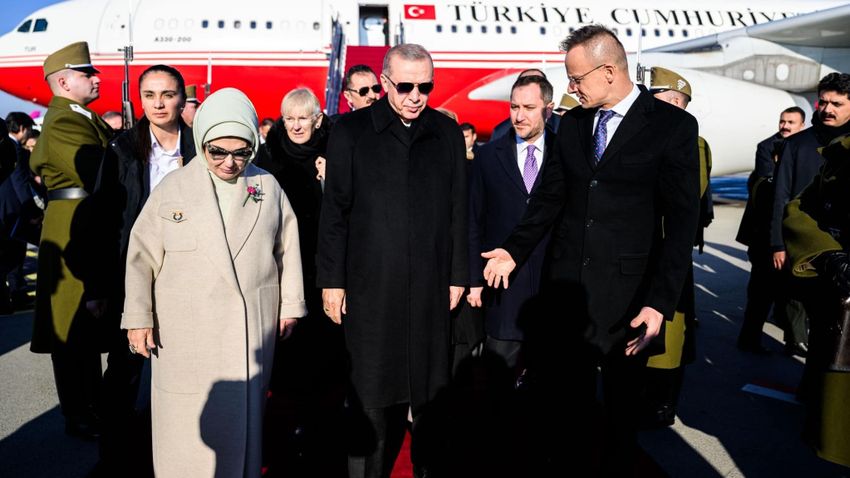Hungary and Turkey have signed five agreements to expand energy cooperation between the two countries, Hungarian Minister of Foreign Affairs Péter Szijjártó has announced.
Speaking at a press conference following talks with his Turkish counterparts, Szijjártó praised the closer cooperation with Turkey and said the move could only further benefit Hungary.
He welcomed the fact that the recent agreement between Hungarian energy giant MVM and Turkish state-owned oil and gas trading company BOTAS will see Hungary and Turkey embarking on a broader energy cooperation than ever before.
Turkey’s role will be significantly enhanced when it becomes a transit country as well as a source country when gas purchases start next year. Cooperation will also be launched on storage, infrastructure development, and the use of renewable energies such as hydrogen.
Szijjártó said that while the European Union is facing a serious energy crisis, Hungary’s energy supply is stable because it buys energy from reliable partners and is supplied by reliable partners.
Ankara is a key player in the latter, with more than 5 billion cubic meters of gas already arriving this year via the Turkish Stream pipeline.
“Developments in recent weeks have made it clear how important reliable partners are because unreliable transit partners can very quickly become a serious risk to the security of the energy supply of another country,” Szijjártó said.
The Hungarian foreign minister noted that Budapest and Ankara are celebrating the 100th anniversary of the establishment of diplomatic relations.
Prime Minister Viktor Orbán and Turkish President Recep Tayyip Erdoğan also signed an agreement on a key strategic partnership as the two nations seek to secure closer ties.






